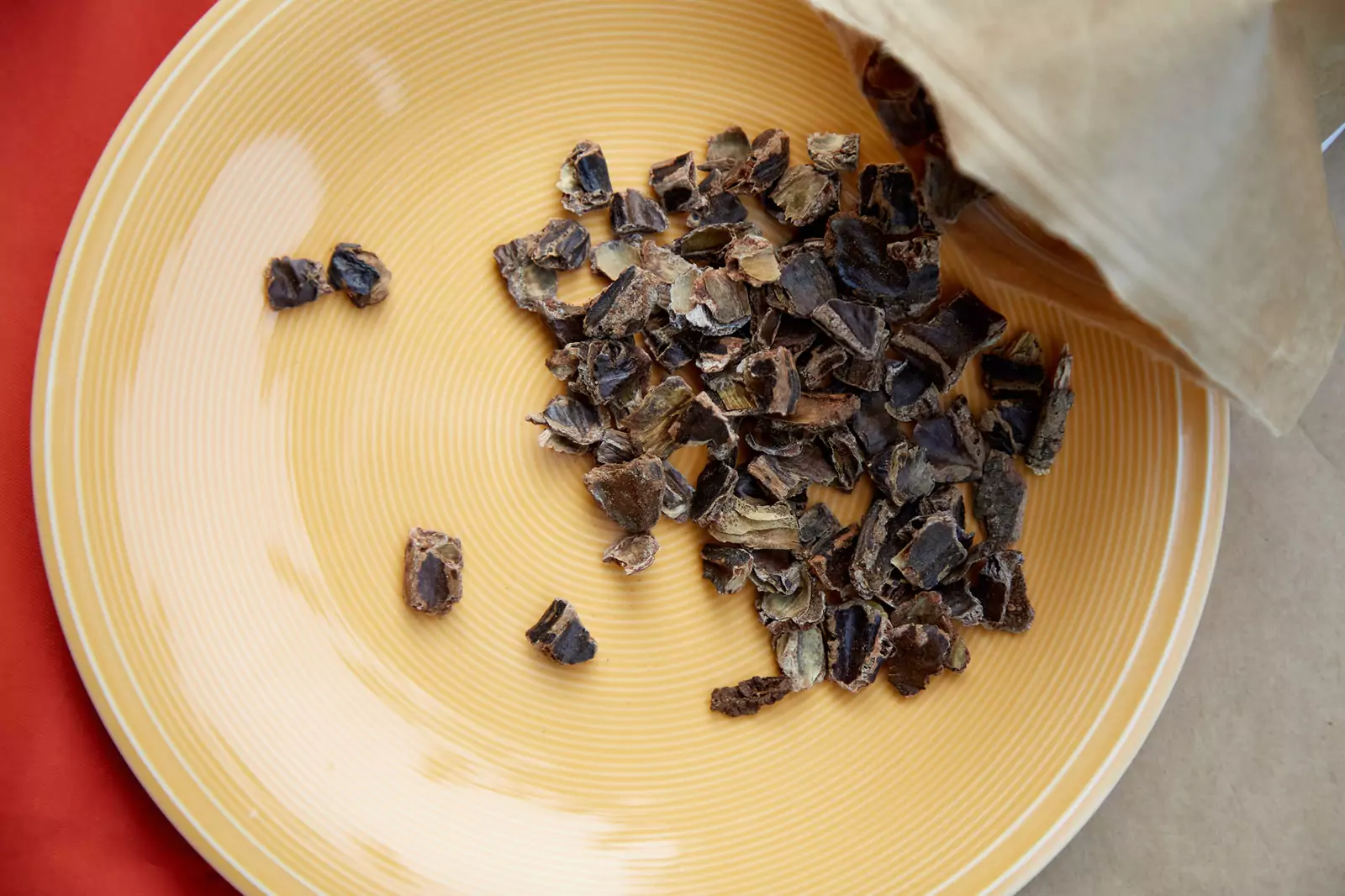
UP TO 40% OFF SITEWIDE






Who Should Avoid Berberine? A Comprehensive Guide


So, you've heard about berberine, right? This golden-yellow compound, often present in supplements and traditional medicines, has gained attention for its myriad health benefits. From regulating blood sugar to reducing inflammation, berberine appears to be a miraculous supplement. But hold on! Before you join the berberine fan club, it's vital to know who should avoid berberine. Yes, you read that correctly. While beneficial for some, berberine could be harmful to others.
That's why we've assembled this comprehensive guide, diving deep into the science the advantages and most importantly the risks. If you're considering incorporating berberine into your health regimen, stick around. This article is your go-to resource for everything berberine, including a special shoutout to SugarMD Super Berberine—a premier supplement designed for those aiming to maintain healthy glucose levels. Ready to become informed? Let's get started!
Pregnant and Breastfeeding Women
Let's begin with a demographic that needs to exercise extreme caution with supplements and medications: pregnant and breastfeeding women. You may wonder, "Why can't they take berberine?" Simply put, comprehensive research on berberine's effects on this group is lacking. Preliminary studies indicate that berberine can cross the placenta, potentially affecting fetal development.
Likewise, its effects on breast milk and, subsequently, a nursing infant are unclear. Therefore, if you're pregnant or nursing, it's safest to avoid berberine and consult your healthcare provider for personalized advice.
Individuals with Low Blood Pressure
Now let's discuss people with low blood pressure. One might think, "Isn't lowering blood pressure beneficial?" In some cases, yes, but it can be a double-edged sword. Berberine is known for its ability to regulate blood pressure, but if you already have low blood pressure, taking berberine could further lower it to risky levels.
Imagine driving an already slow-moving car and abruptly hitting the brakes; it's not a scenario you'd want to experience. So, if you have low blood pressure, either avoid berberine or consult a healthcare provider for tailored recommendations.
Those on Certain Medications
The medication issue! If you're taking specific medications—especially those for diabetes, high blood pressure, or anticoagulants—exercise caution before adding berberine to your routine. Why? Berberine can interact with these drugs, either intensifying their effects or making them less effective. It's like blending two disparate genres of music; sometimes it's harmonious, other times it's jarring. Therefore, if you're on medication, consult your healthcare provider to ensure berberine is compatible with your current treatment plan.
People with Specific Health Conditions
Finally, consider those with particular health conditions, such as hypoglycemia, peptic ulcers, or liver disease. Berberine can exacerbate these conditions. For example, its blood sugar-lowering capabilities may not benefit someone with hypoglycemia. Similarly, berberine can irritate the gastrointestinal tract, making it a poor choice for those with peptic ulcers. Additionally, its potential impact on liver function can be detrimental for those with liver disease.
While berberine boasts numerous benefits, it's not universally suitable. Pregnant and breastfeeding women, individuals with low blood pressure, those on certain medications and people with specific health conditions should proceed with caution. As always, consult your healthcare provider for advice tailored to your unique health situation. It's always better to err on the side of caution, wouldn't you agree?
Alternatives to Berberine
Natural Alternatives
Don't worry; if berberine isn't suitable for you, numerous natural alternatives offer similar benefits. Take cinnamon, for instance. More than a latte enhancer, it's lauded for its blood sugar-regulating properties. Fenugreek, commonly found in kitchens, can help manage cholesterol levels. Then there's turmeric, another anti-inflammatory dynamo, thanks to its active ingredient, curcumin. Think of it as a toolbox full of effective, natural options; you're not short on alternatives!
Pharmaceutical Alternatives
If you seek something stronger or more targeted, consider pharmaceutical options. Medications like Metformin and statins are often prescribed for blood sugar and cholesterol management, respectively. However these come with their unique set of side effects and interactions. Choosing between these and natural remedies is like comparing manual and automatic cars—each has its pros and cons. Therefore, consulting your healthcare provider is crucial to determine your best course of action.
Lifestyle Changes
In some cases the best medicine is none at all. Lifestyle modifications can be as effective as berberine for achieving similar health goals. A balanced diet featuring fruits, vegetables and lean proteins can significantly improve your blood sugar and cholesterol levels. Coupled with regular exercise, you've got a winning formula. Don't underestimate stress management techniques like meditation and mindfulness, either. These can reduce inflammation, much like berberine, but without the side effects.
Conclusion
And that wraps it up—a comprehensive guide on who should steer clear of berberine and why. Intriguing, isn't it? While berberine boasts numerous health benefits, it isn't a one-size-fits-all solution. Those who are pregnant, on certain medications, or have specific health issues should exercise caution.
Even if you don't fall into these categories, a consultation with a healthcare provider is essential for personalized advice. Whether you're considering SugarMD Super Berberine, being informed is your best defense. Thank you for joining us on this educational journey. Here's to making intelligent, healthier choices!
About The Author
Meet Dr. Ahmet Ergin a highly skilled and dedicated endocrinologist with a passion for diabetes care. Dr. Ergin earned his medical degree with honors from Marmara University in Istanbul. He completed internal medicine residency and endocrinology fellowship at Cleveland Clinic.
Dr. Ergin is board-certified in Internal Medicine, Endocrinology, Diabetes, and Metabolism due to his vast medical expertise. He's a certified diabetes educator, author of "The Ultimate Diabetes Book," and founder of "the SugarMD YouTube channel."
Dr. Ergin offers exceptional diabetes care to his patients in Port Saint Lucie, FL, helping them manage effectively. Disclaimer: These statements have not been evaluated by the Food and Drug Administration. Information on this website isn’t intended to treat, cure or prevent any disease. Discuss with your doctor and do not self-treat.
Written By Dr. Ahmet Ergin
466 total articles
Meet Dr. Ahmet Ergin, a highly skilled and dedicated endocrinologist with a passion for diabetes care. Dr. Ergin earned his medical degree with honors from Marmara University in Istanbul. He completed internal medicine residency and endocrinology fellowship at Cleveland Clinic. Dr. Ergin is board-certified in Internal Medicine, Endocrinology, Diabetes, and Metabolism due to his vast medical expertise. He's a certified diabetes educator, author of “The Ultimate Diabetes Book,” and founder of “the SugarMD YouTube channel.” Dr. Ergin offers exceptional diabetes care to his patients in Port Saint Lucie, FL, helping them manage effectively. For a closer look into his insights and experiences, connect with Dr. Ahmet Ergin on LinkedIn, Instagram, and YouTube.”
Disclaimer: These statements have not been evaluated by the Food and Drug Administration. Information on this website isn't intended to treat, cure or prevent any disease. Discuss with your doctor and do not self-treat.
Products













